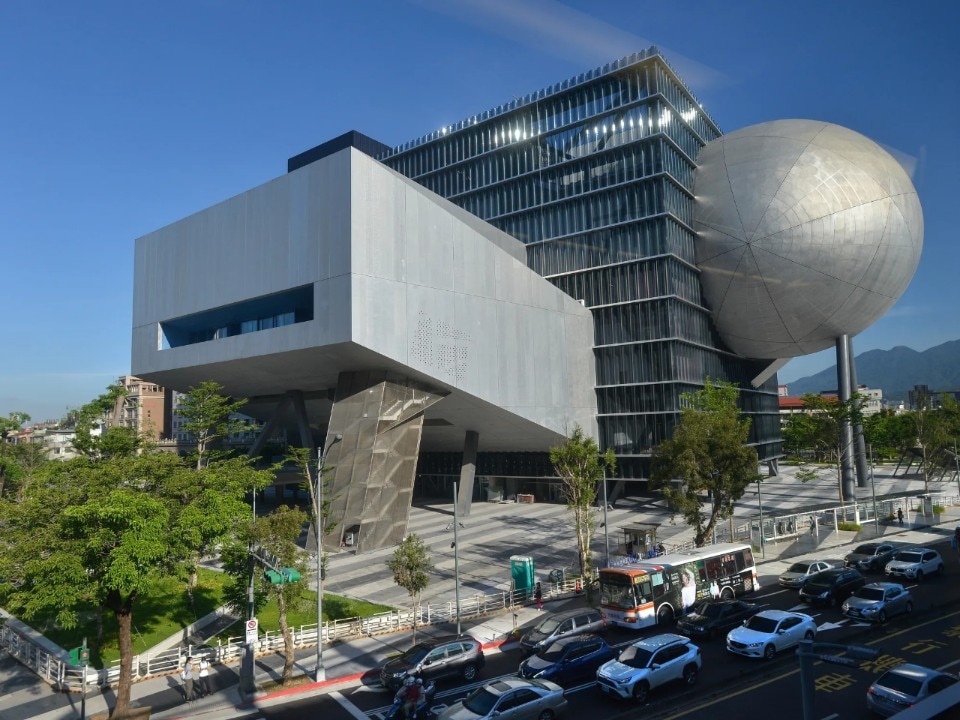It is difficult to imagine, in the history of contemporary architecture, an intellectual figure as controversial as that of Rem Koolhaas: on the one hand, a guide for – architectural – crowds who, in his apodictic texts, read an analysis of the present that is as acute as usefully unsettling (Marco Biraghi, in “Rem Koolhaas. L’architettura al di là del bene e del male”, likens him to Nietzsche); on the other hand, a voice fiercely contested by those who do not tolerate his provocative boutades, breaking with all cultural heritage (which did not, however, prevent him from receiving the Pritzker Prize in 2000).
As an architect and tireless interpreter of modern complexities, his defining trait is the strong theoretical foundation behind his work. This has shaped both his projects with OMA (Office for Metropolitan Architecture)—founded in London in 1975, relocated to Rotterdam in 1978, and later expanded to Asia, Australia, and the U.S.—and, since 1999, with his think tank, AMO. Such foundation is the structure of Koolhaas’s “best-selling” writings, and runs through all of his work, from his 1972 graduation thesis—imagining endless parallel walls enclosing lively spaces reclaimed from a stagnant London—to his recent studies of the countryside as a potential refuge for a post-human future.
Hyper-density and metropolitan congestion (“Delirious New York”, 1978), the triumph of the architectural macro-scale (“Bigness, or the Problem of Large”, 1994), the “generic city” produced by the homologising globalisation (“The Generic City”, 1995) and the “junk spaces” shaped by the uncontrolled proliferation of the mass market (“Junkspace. For a radical rethinking of urban space”, 2006) for him are not indications of an Armageddon of urbanism but rather show that the modernist anxiety of programmatic-functional control cannot modify the contemporary city's genetics. Cities are naturally mutant “monsters” that are free only when unburdened by the “strait-jacket” of the past and identity, with their own reasons that (architects’) reason does not know.
Over nearly fifty years of work, Koolhaas has developed an approach to design that resists categorization – even those labels often assigned to him, like “deconstructivism” or “post-modernism.” A design which is not interested in prescribing solutions from the drawing board, but in absorbing the intellectually stimulating (dys)functions of the contemporary city without moralizing them. Little concern is shown for formal beauty, often favoring raw, disruptive gestures over staged aesthetics. This ethos is evident in projects that say ‘’fuck the context” (according to his laconic anathema; Seattle Central Library, Casa da Música); to provocations at different “size-scales” (“S, M, L, XL”), macroscopic (De Rotterdam, Shenzhen Stock Exchange, Taipei Performing Arts Center) or microscopic (Maison à Bordeaux); to interventions that redefine the concept of interaction between past and present (Fondazione Prada), and the concept itself of urban space (Simone Veil Bridge).
What emerges is a conviction: if “God” (i.e., architecture) is dead, then perhaps urban humanity, with all its neuroses and vulnerabilities, isn’t doing so great either. And that’s fine – as it might just be the only way to a renewal, to escape the comforting lie of a pale shelter from chaos.


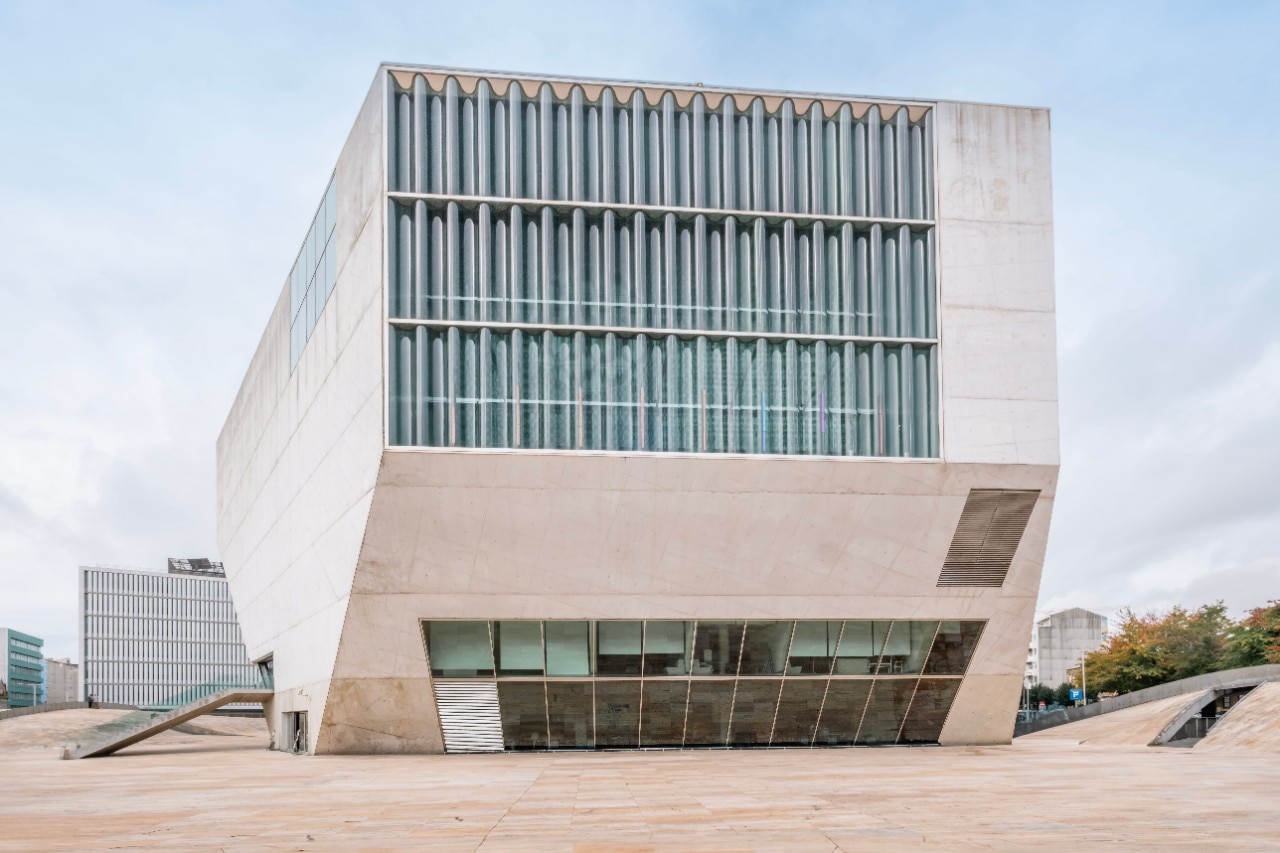







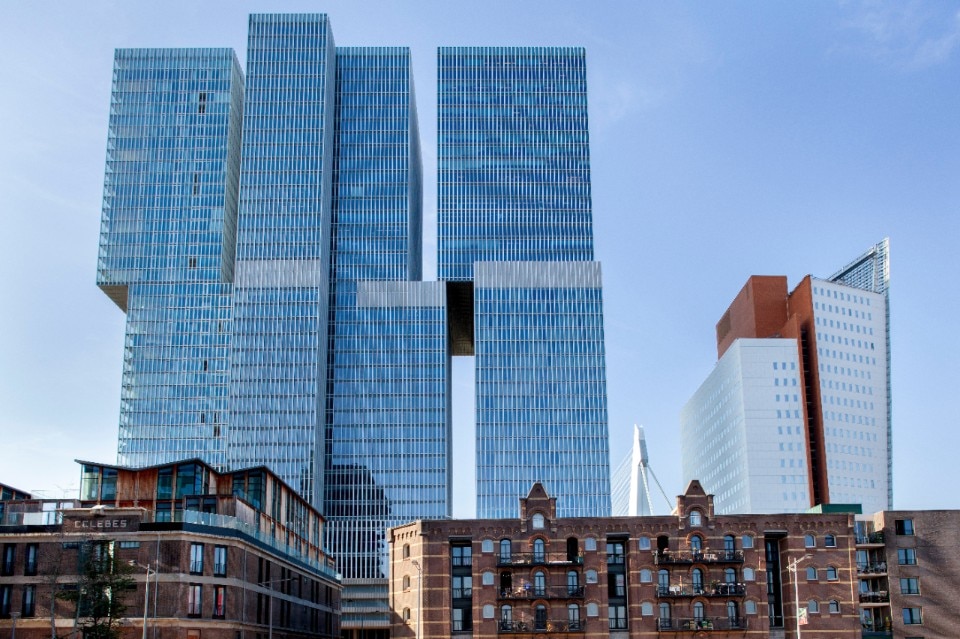
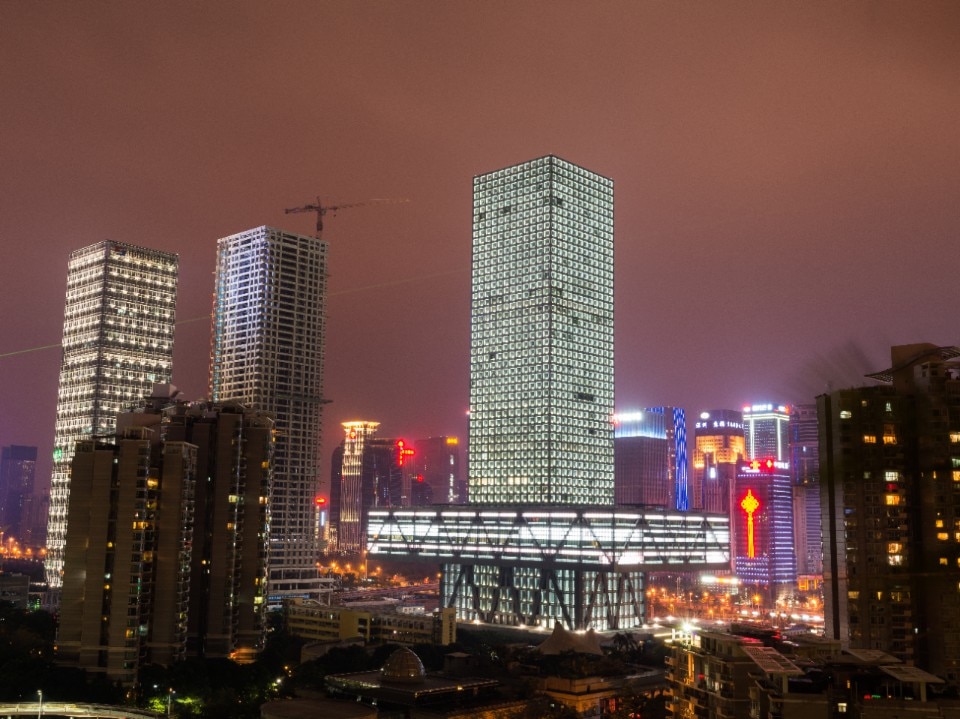
.JPG.foto.rmedium.png)




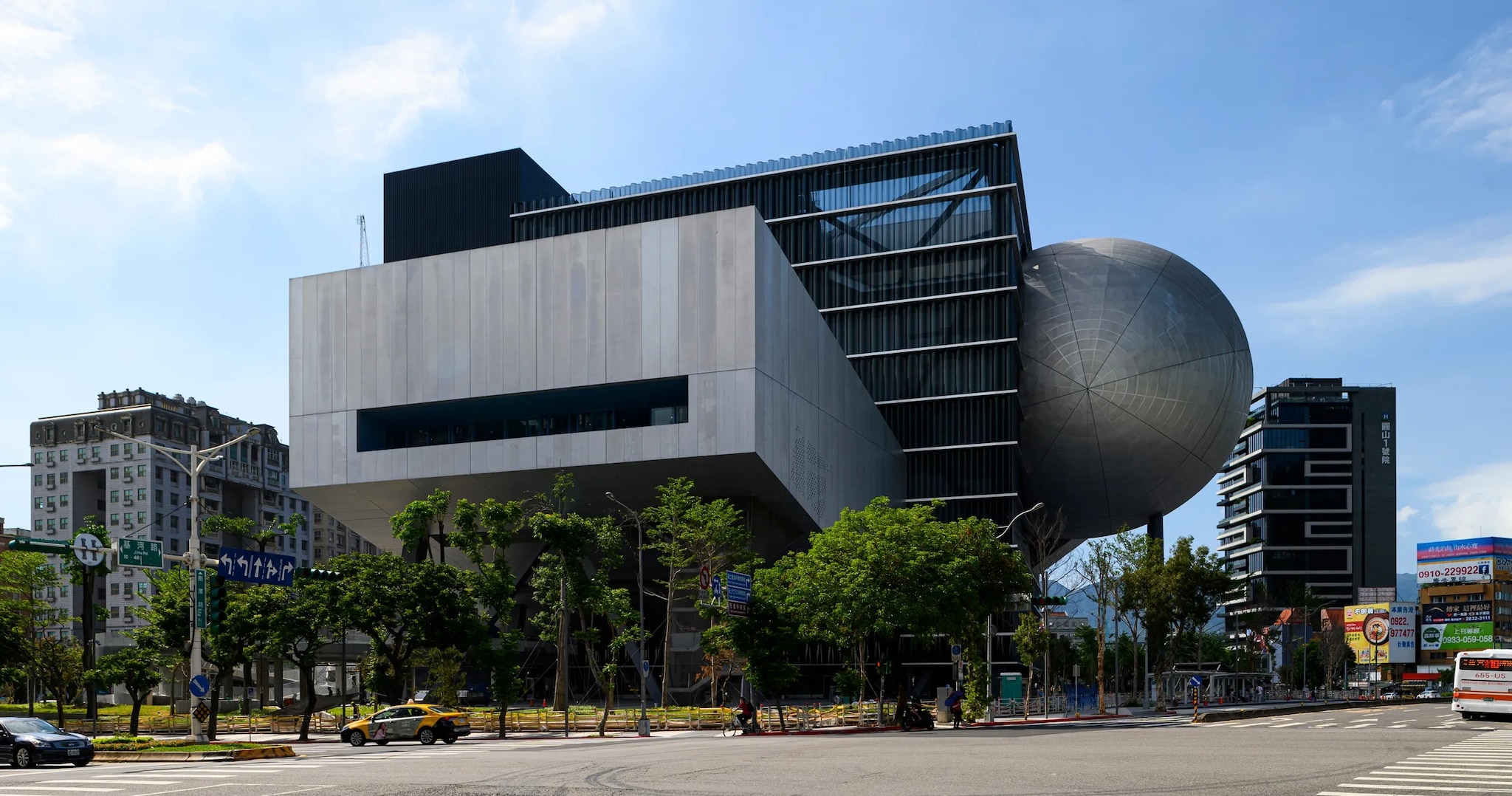
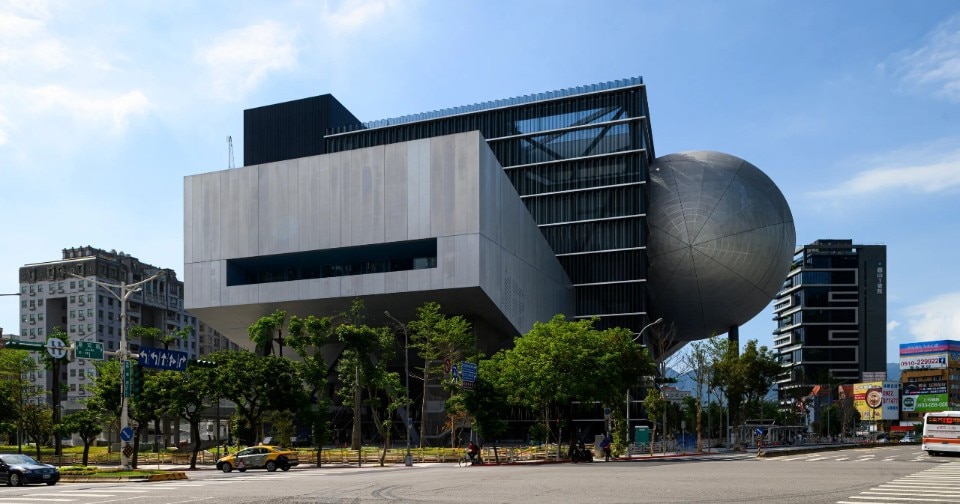
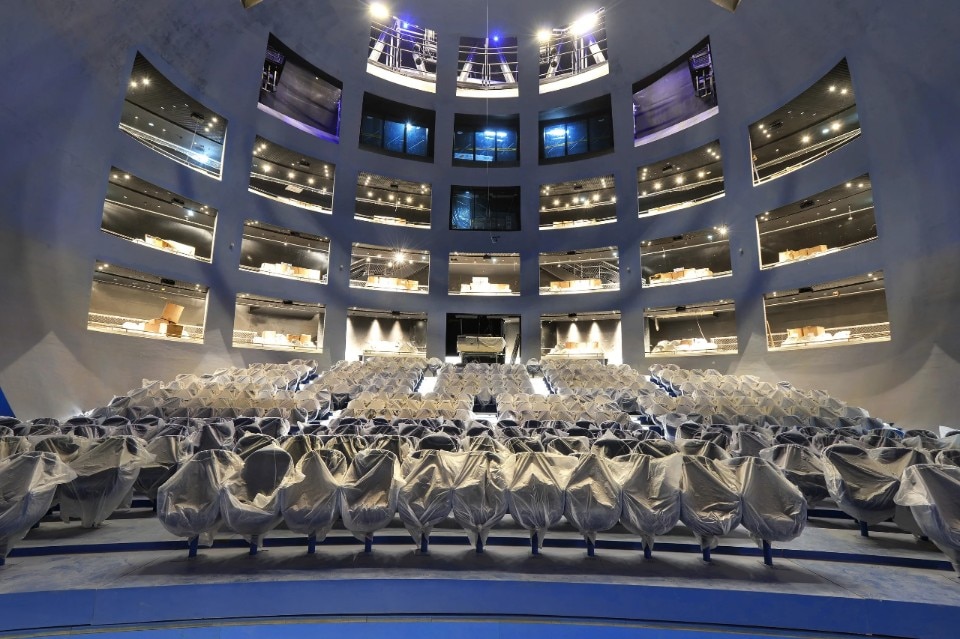
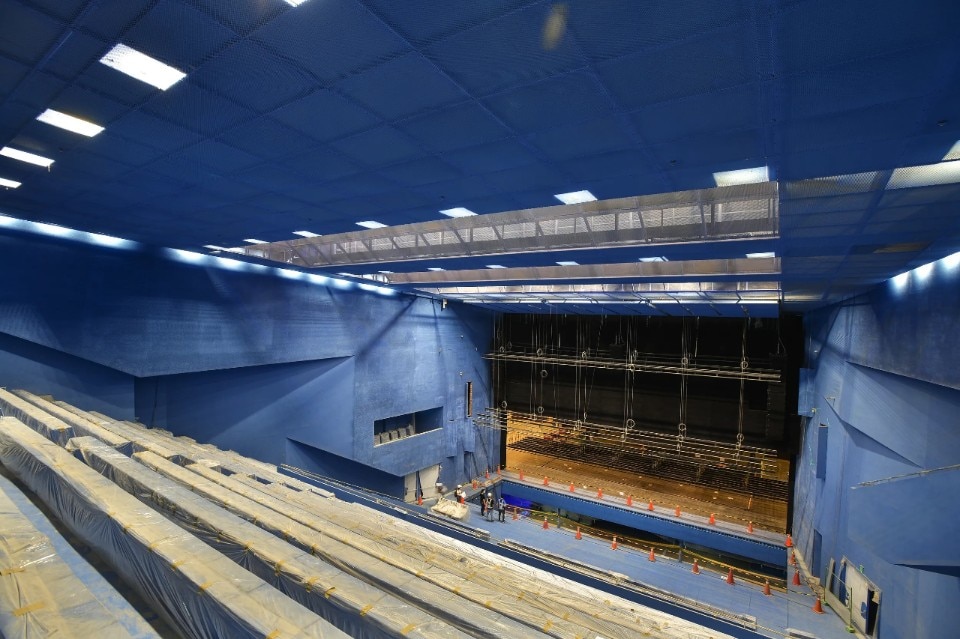
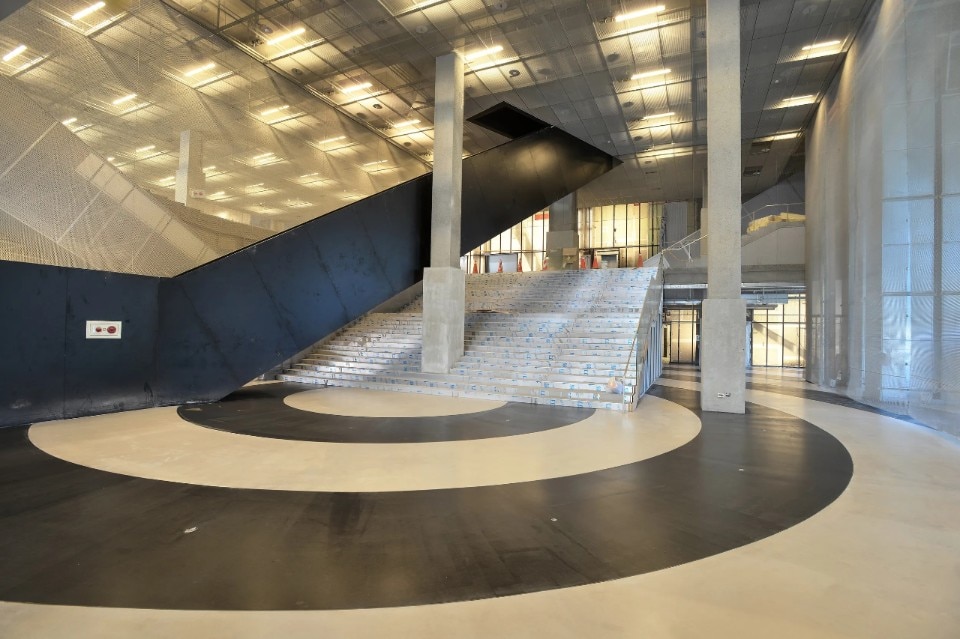
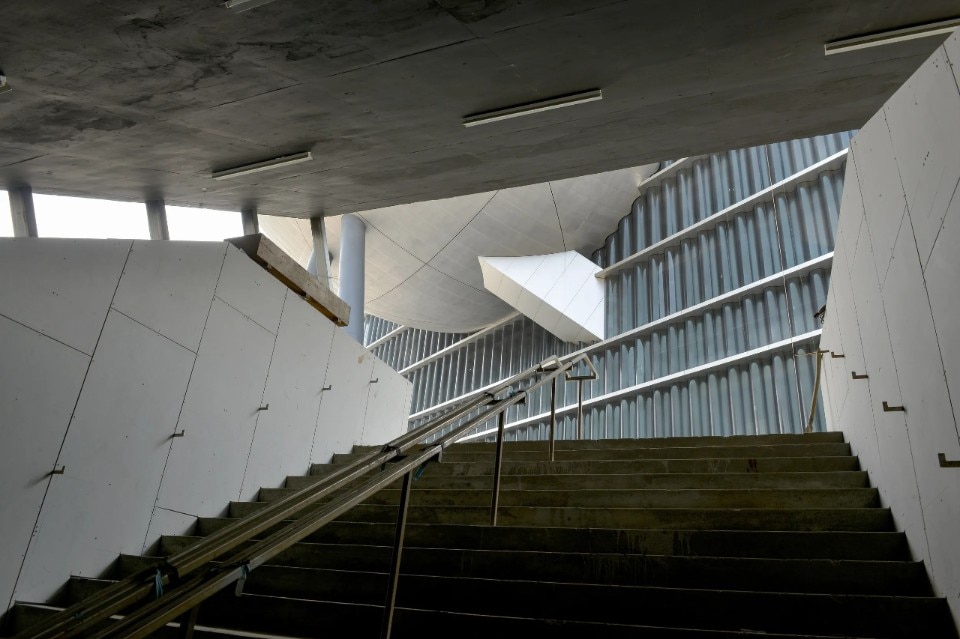
.jpg.foto.rmedium.png)
